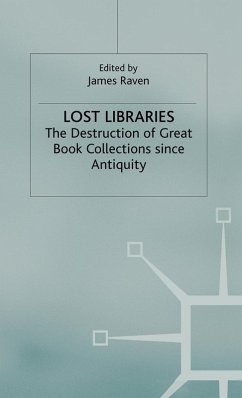Dieser Download kann aus rechtlichen Gründen nur mit Rechnungsadresse in A, B, BG, CY, CZ, D, DK, EW, E, FIN, F, GR, HR, H, IRL, I, LT, L, LR, M, NL, PL, P, R, S, SLO, SK ausgeliefert werden.
'After reading John Potts's engrossing new book, A History of Charisma, I agree with him unreservedly...Charisma matters a lot, for good and ill, in politics, religion, business, the arts and many other walks of life.' The Australian
...[an] absorbing book...it is brilliantly argued and, though deeply scholarly, fully accessible to the general reader.' Richard King, Australian Literary Review
'...it takes a skilful author to make such a page-turner based on a 'history of a word'. Potts has succeeded by writing in a lucid and intelligent style...A mystery wrapped up as a work of historical scholarship.' - Transforming Management
...'John Potts' synthesis- clearly written, and helpfully structured with numerous subheadings- leaves us with a much fuller, richer meaning for a concept that serves to provide some refuge from an increasingly rationalised, bureaucratised, disenchanted, as well as celebrity obsessed, world. Its problematic usage is unlikely to decline, and we need all the help we can get to try to understand it.' - Beverley Southgate, Rethinking History









